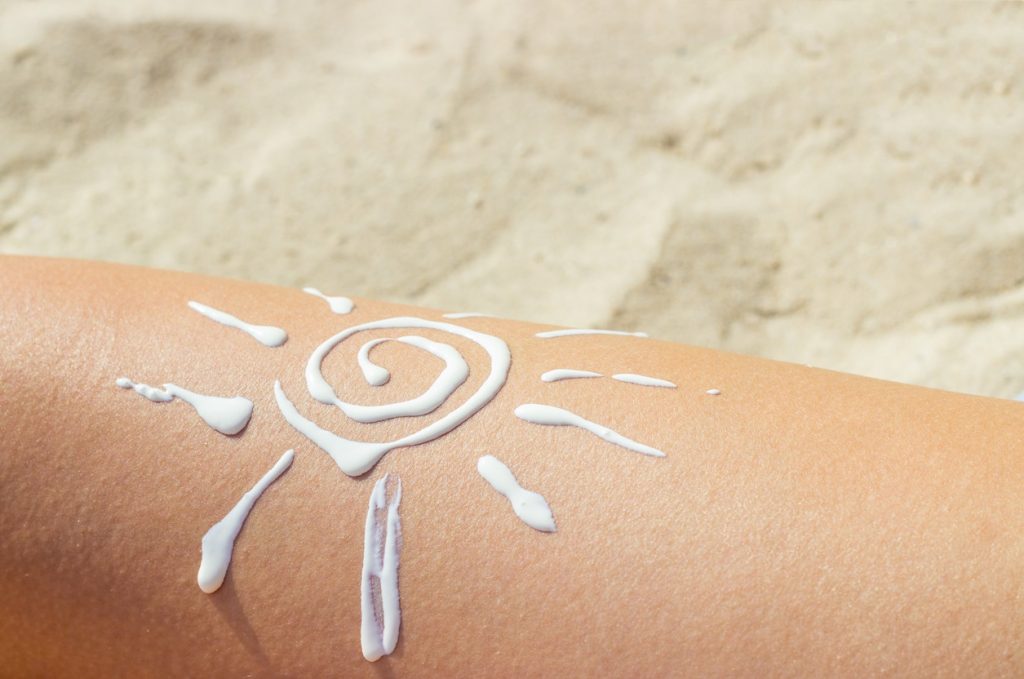SGS, the world’s leading testing, inspection and certification company, has published “Exploring Sunscreen: Ensuring Safety, Efficacy, and Cosmetic Acceptability,” to give stakeholders valuable insights into the benefits of taking a proactive approach to sunscreen testing.
One in five Americans will develop skin cancer during their lifetime. The primary cause of this cancer is exposure to harmful ultraviolet (UV) radiation from the sun. In addition, sun exposure is also responsible for many of the visible sign of aging – wrinkles, sunspots, etc.
Sunscreens offer an effective response to the harmful effects of UV radiation exposure. However, for them to be effective, they must be safe, non-ecotoxic, effective and appealing to the consumer. Rigorous testing to international standards ensures products meet market demands, giving consumers the information they need to make informed decisions regarding skin protection and manufacturers the insights they need to make trusted claims.
SGS is a world leader in the testing of sunscreen products. They offer comprehensive testing solutions for sunscreen safety, efficacy, ecotoxicity and cosmetic appeal through their global, state-of-the-art laboratory network.
Additionally, they have joined an international consortium to assess and validate innovative testing methodologies that do not rely on visible biological reactions. Hybrid diffuse reflectance spectroscopy (HDRS), detailed in draft ISO 23698, is an effective alternative to traditional testing for SPF, UVA-PF and critical wavelength protection.
Read the SGS article, “Exploring Sunscreen: Ensuring Safety, Efficacy, and Cosmetic Acceptability,” for more details.
For further information contact:
Saeid Amini Nik, MD, PhD
Principal Investigator, Hygiene & Cosmetics
SGS North America Inc.
Tel: +1 908-364-1748
About SGS
We are SGS – the world’s leading testing, inspection and certification company. We are recognized as the global benchmark for sustainability, quality and integrity. Our 99,600 employees operate a network of 2,600 offices and laboratories around the world.

